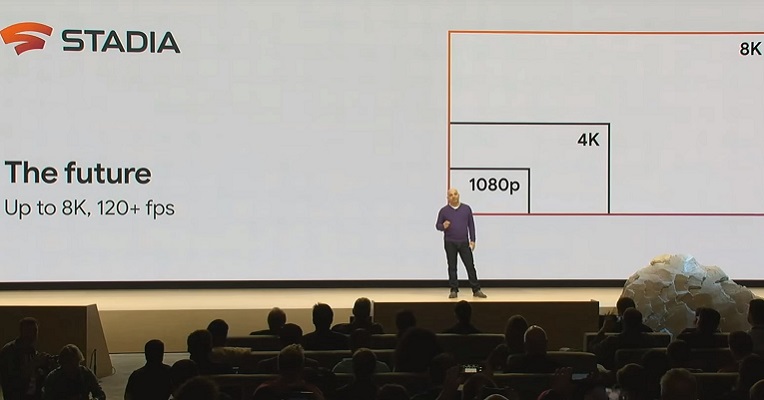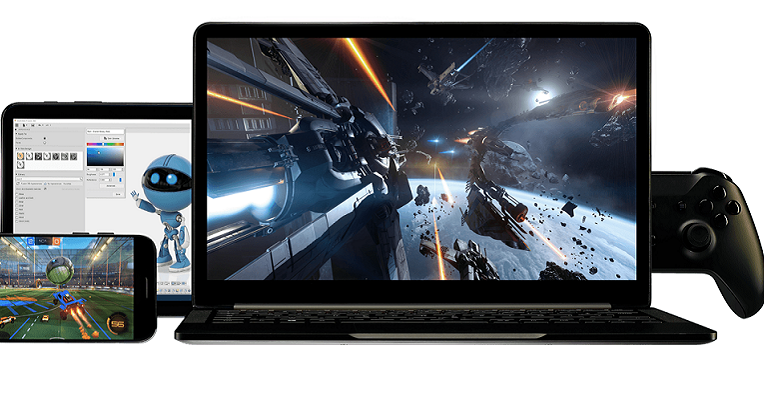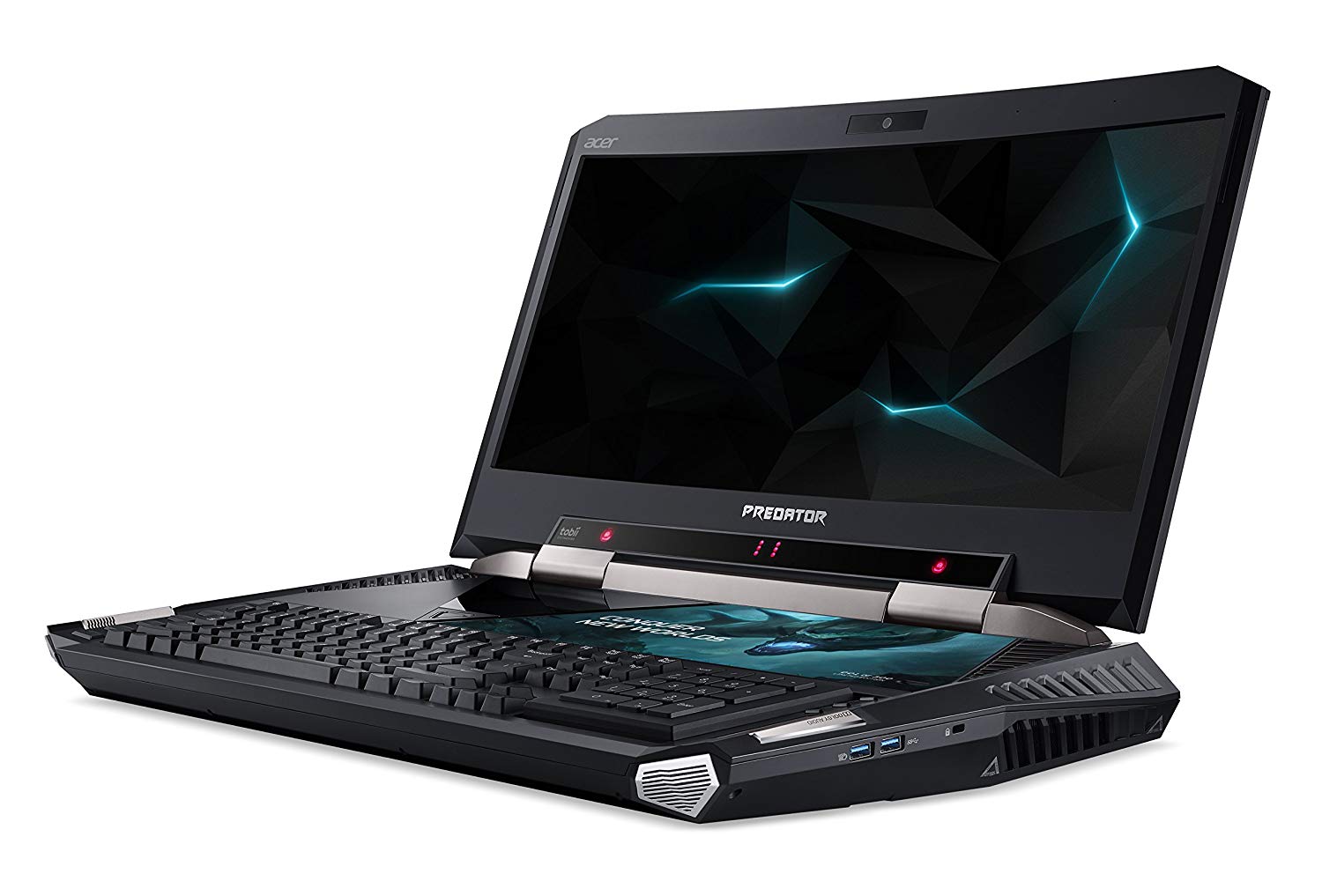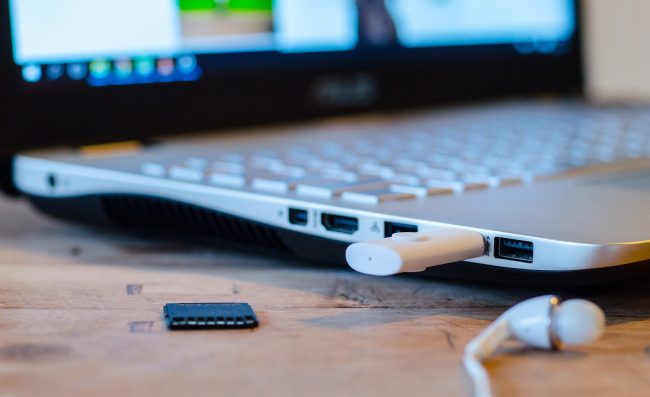Public WiFi safety tips
Public WiFi can be a lifesaver in emergencies. Every so often, you find yourself in a situation when you absolutely need to be online outside your private home network – to share your live location for an appointment, to look up a place on Google Maps, or to send your mum the latest cat meme. Not to mention that working from public WiFi hotspots is a common practice for modern business professionals.
Worldwide, as of 2018, there are 279 million public WiFi hotspots, and this number is projected torise to 542 million by 2021. More and more countries around the world offer public WiFi in the city centre, on public buses and trains. Lithuania leads the way with the fastest available public WiFi in the world, while France is ahead of other countries in the world with thehighest number of public hotspots relative to population size. Across the EU, the WiFi4EU programme aims to provide free WiFi to every town centre in the European Union by 2020, supplying everyone with access to municipal public networks.
 Google presented its Cloud Gaming service to the GDC. The event took place in a meeting among developers. This was to be expected since Google was making its presentation to the Game Developers Conference, not the E3. Above all, what the American giant was interested in was presenting the technological aspects of its service. It will analyze the reactions it received and hone its marketing strategy accordingly (however, if this task befalls the same department that came up with the name Stevia… sorry, I mean Stadia… they certainly have their work cut out for them!)
Google presented its Cloud Gaming service to the GDC. The event took place in a meeting among developers. This was to be expected since Google was making its presentation to the Game Developers Conference, not the E3. Above all, what the American giant was interested in was presenting the technological aspects of its service. It will analyze the reactions it received and hone its marketing strategy accordingly (however, if this task befalls the same department that came up with the name Stevia… sorry, I mean Stadia… they certainly have their work cut out for them!)  In the comments posted on various social networks, we noticed a certain amount of confusion regarding the difference between cloud computing and cloud gaming. Let’s take a look at these two different approaches to gaming via the cloud.
In the comments posted on various social networks, we noticed a certain amount of confusion regarding the difference between cloud computing and cloud gaming. Let’s take a look at these two different approaches to gaming via the cloud. Phones have somewhat turned into a technological Swiss knife. We can do everything with them: communicate, take photos, know where we are, buy stuff, play, buy tickets, pay services, watch movies, listen to music, read, work and make phone calls. With such activities, we spend even more time on the phone and we rarely use it consciously or wisely.
Phones have somewhat turned into a technological Swiss knife. We can do everything with them: communicate, take photos, know where we are, buy stuff, play, buy tickets, pay services, watch movies, listen to music, read, work and make phone calls. With such activities, we spend even more time on the phone and we rarely use it consciously or wisely.

